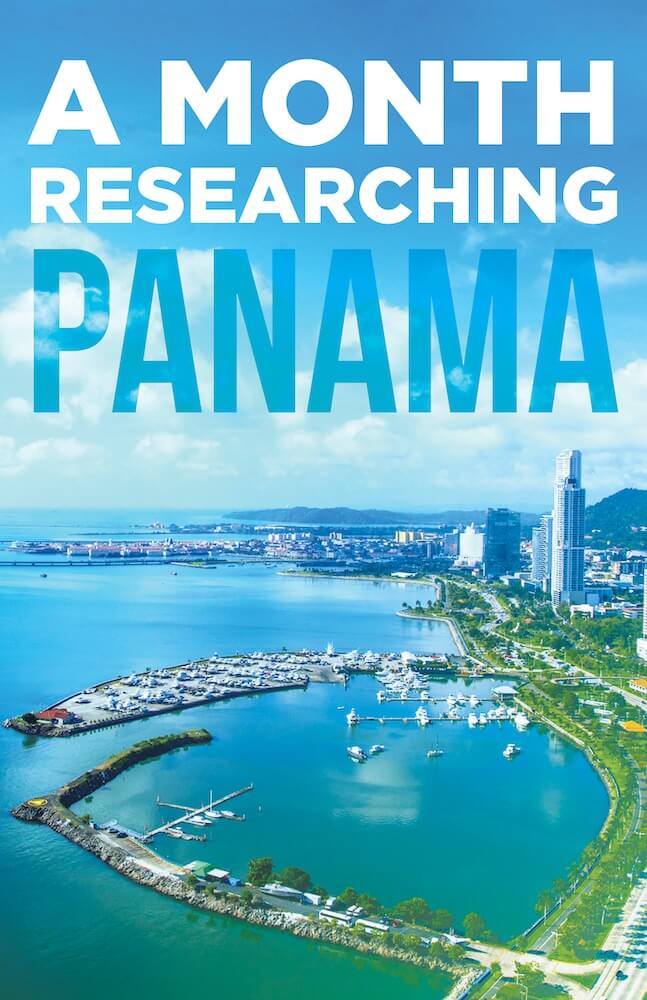“I never expected to leave the work force in my early 60s” the woman told me. “I had been with the same company for about 30 years but when my employer merged with another company there was a lot of duplicity in the work force. I was one of those invited to pack up my career and leave. Someone was younger and less costly,” she continued. “I feel marginalized and frankly old!”
The woman was not emotional, but simply matter-of-fact. She certainly didn’t look “old!” but she winced a little when explaining that she had expected to work until she was 70. “Then retirement would begin” she said with a wane smile. “I planned well and while I’m not where I thought I’d be, I’m OK financially. As OK as someone can be who doesn’t have easy access to health insurance.”
While listening to her story, I had been going over pre-construction pricing for a two-bedroom condominium in a beach-front development in Neuvo Gorgano. I like knowing why someone has come to sit in front of me inquiring about real estate in Panama. I want to know as much as possible so I can provide them with the absolute best solution for a next step. “Health insurance?” I questioned.

It’s not the first time I had heard North Americans talk about health insurance. Mostly, it boils down to the fact Canadians can only live part time in Panama to maintain benefits and anyone from the States doesn’t enjoy Medicare coverage outside the country. Even if you are over 65-years-of-age and insured by Medicare, that coverage only works in US facilities and with US-based doctors. I’ve written about that in other blogs, especially when comparing other top retirement locations. But this woman wasn’t old enough to access Medicare so I wanted to know exactly what she meant about health insurance.
“I’m not 65”, she said. “I’m sort of in a no man’s land. I’m not married so I don’t have a spouses’ policy to cover me and while the Affordable Care Act provides at least access to a health insurance policy, it’s expensive and pretty basic,” she continued. “There is nothing like commercial health insurance. You pay, your company pays and you have good coverage. I don’t have access to that any more. No job, no access.”
I was surprised the loss of a job in the United States meant the loss of health insurance. It’s not that codependent in Panama. Most locals purchase health insurance with a policy and it’s not very costly.
“How much can an insurance policy be in the United States?” I inquired, wondering how health care costs could be a reason for so much worry. Forget the locals, health insurance in Panama for expats is not that expensive if you plan ahead. (link to old blog). Prescription drugs are less than over-the-counter medications like aspirin and cold tablets.
“Well, $1,400 a month,” she said. “I have COBRA for about six more months. COBRA is when I stay on my previous employer’s policy, but I pay the whole premium. When I was employed, the cost was shared by both me and my employer. It’s a lot, but at least I’m covered if something happens. I have a chronic problem with high blood pressure so companies don’t want to insure me. In the United States you can just be turned down!” she explained.
“It’s a loss not being able to access good insurance” she said. “When I lost my job, I lost my ability to buy health, vision and dental insurance. Insurance companies don’t want you if you might be expensive.”
I tried to give that a thought. Not having the right to health care because you weren’t employed.
“I have a co-worker who started working an entry-level job which will give him health insurance for him and his family,” she explained.
“What’s he doing?” I inquired knowing this woman had been a major researcher for an international pharmaceutical company so her co-worker was probably similar. “He’s driving a little car all over Baltimore picking up urine and blood samples from various clinics and physician practices. Most days he says it’s OK, but he says people can be so judgmental, even cruel. Sometimes, the front desk person will try to belittle him as ‘only a driver’. He’s doing it to provide insurance for the family and his entry-level salary barely covers the premiums. He’s basically working just to cover health care insurance in the United States. I’m considering doing the same.”
I had to let that thought turn over and over in my mind. Working a full time job, not just to pay for the health insurance, but to have access to good insurance.

“I’m from Australia,” I began, “and we have a universal health care structure that covers most health care, plus we have a safety net so once a family has reached a threshold of expenses, the government picks up the cost. Are you saying health care is so expensive in the United States that it could bankrupt you?” I had to ask the question.
“Medical bills are the biggest reason for US bankruptcies,” she continued. “I saw a piece on one of the main stream television stations that reported two million families would annually file bankruptcies due to unpaid medical bills. Lots of them had health insurance, but even that wasn’t enough.
“There was one heart-breaking story about a family whose younger daughter was diagnosed with a brain tumor. Her father worked full-time for a Fortune 500 company but the unpaid bills forced bankruptcy. The older daughter had to borrow heavily to continue her college studies. Sometimes, you are just one bad diagnosis away from bankruptcy.”

“We have great healthcare in Panama and it’s affordable” I began. “If you are an expat a physician visit can run $20, but prescription drugs are pennies compare to what it costs in the United States. Canadians pay less than in the US, but still much more than Panama. Our health care providers do not earn exorbitant salaries, drug companies do not make billions and hospitals charge for the whole treatment and not individually for every MRI or specialist visit.” Her decision to buy a condo and move to Panama wasn’t going to be just about the great amenities at the beautiful Royal Palm complex.
I never question how wonderfully North Americans live. There are plenty of things which are right, but I found it hard to think about a successful professional driving around Baltimore picking up urine samples so he could have access to affordable health insurance. Working full-time just to pay for and obtain health insurance was a new concept.
I thought we should end the insurance discussion. In Panama she would have options.
“Since we are still in construction, there is a little more flexibility in how you can design your individual unit,” I began, bringing us back around to the benefits of Royal Palm and a life in Panama. “I know you have been told everything is bigger and better in America, and it is great—I visit there as often as possible—but there are lots of great perks here in Panama too,” I said with a smile. “Private hospitals, well-educated physicians, the exact same diagnostic tools and world-class hospitals, all run under the Panamanian system which bills at a fraction of the cost. Not to mention the many pools at Royal Palm and the beautiful ocean sunsets!”

